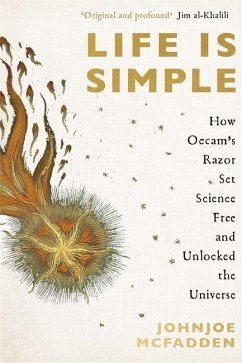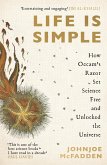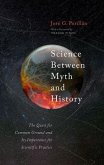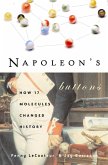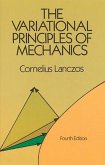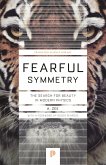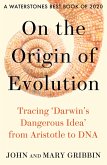It opens in the Christian medieval world at a time when science was trapped in a thicket of theology, metaphysics and mysticism, Enter William of Occam, Born in 1285, he was given to the Franciscans as a child, and sent to Oxford to study theology where his lectures and debates became notorious due to his insistence that science and religion were incompatible, his disproving of all the standard proofs of God, and his determination to discard all but the simplest explanations of any phenomenon: Occam's razor, This book brings alive this fascinating but virtually unknown figure, together with the tumultuous world in which he found himself, Meticulously researched, it also includes accounts of Occam's clash with the Pope and flight from Avignon translated for the first time from the Latin text of contemporary Vatican documents, However, this isn't just a book about Occam, for Life is Simple's thesis is that all modern science, indeed much of what we call modernity, is derived from Occam's razor's preference for simplicity, From Occam the book follows the razor's path as it was wielded by all of the giants of modern science, from Copernicus to Kepler, Galileo, Newton, Mendel, Darwin, Einstein (who wrote that 'the grand aim of all science [is] to cover the greatest number of empirical facts by logical deduction from the smallest possible number of hypotheses or axioms') or James Watson, who co-discovered of the double helix ('we were convinced that the truth, once found, would be simple as well as pretty'), In the course of the journey the author takes us on, he makes a compelling case for his claim that simplicity is the only principle that distinguishes science from magic, philosophy, mysticism, theology or pseudoscience, Given a choice, science always opts for the simplest solution that works, Yet although nearly all modern scientists accept the principle, few are aware they do so, Life is Simple is not only a history of science and an exploration of the most exciting areas of modern science, but it is also a history of the ideas that revolutionised the modern world, Additionally, it provides a fresh perspective on what science is really about a story as relevant today as in the medieval world,
Hinweis: Dieser Artikel kann nur an eine deutsche Lieferadresse ausgeliefert werden.
Hinweis: Dieser Artikel kann nur an eine deutsche Lieferadresse ausgeliefert werden.

